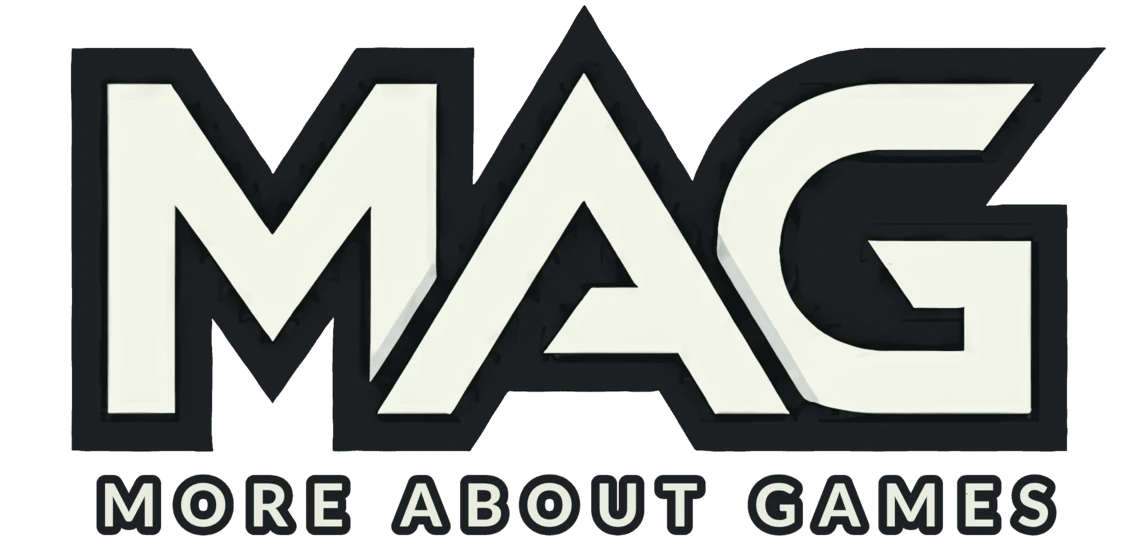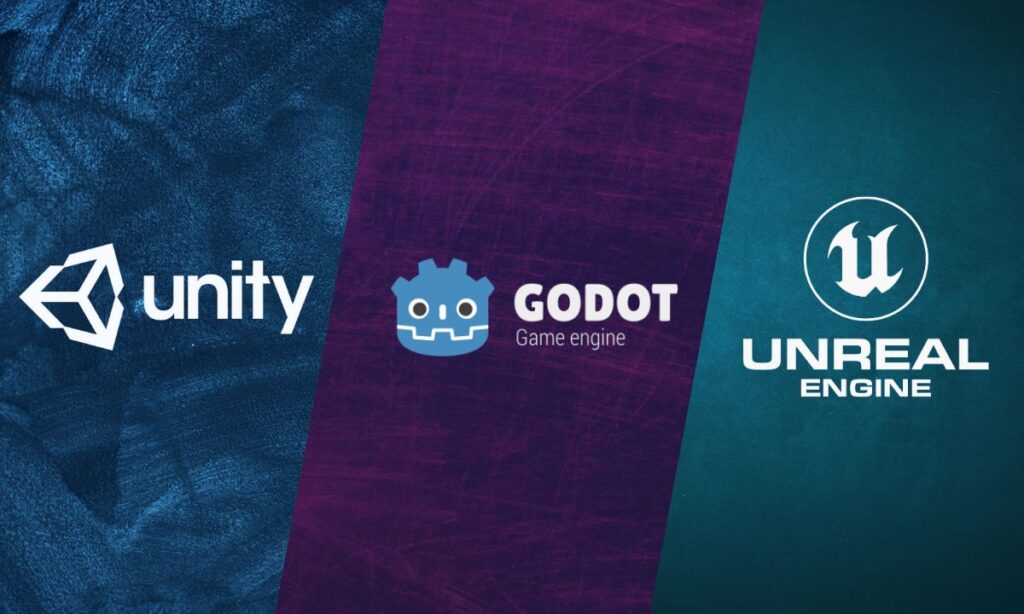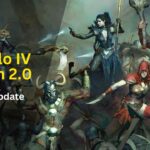Choosing the right game engine is a critical decision in game development. Unity, Unreal Engine, and Godot are the most popular choices, each with unique strengths that cater to different types of developers and projects. This article gives a comprehensive comparison to help you determine the best engine for your needs.
Key Takeaways
- Unity is ideal for cross-platform development, mobile games, and projects that require a vast array of third-party assets and plugins.
- Unreal Engine is best for high-end 3D games and VR experiences, offering top-tier graphics and robust development tools.
- Godot is perfect for indie developers and 2D games. It offers a lightweight, open-source platform with a gentle learning curve.
What is Unity?
Unity is a versatile game engine that supports both 2D and 3D game development. It is known for its flexibility, extensive asset store, and strong developer community.
Supported Platforms: Over twenty-five platforms, including mobile (iOS, Android), desktop (Windows, macOS), consoles (PS4, Xbox One), and VR.
Key Features
- C# Scripting: Uses C#, a popular and widely-used programming language.
- Visual Scripting: Tools like Bolt make Unity accessible to non-programmers.
- Unity Asset Store: Thousands of assets and tools available to accelerate development.
Unity is especially popular in the mobile and indie game markets, powering titles like “Monument Valley” and “Cuphead.”
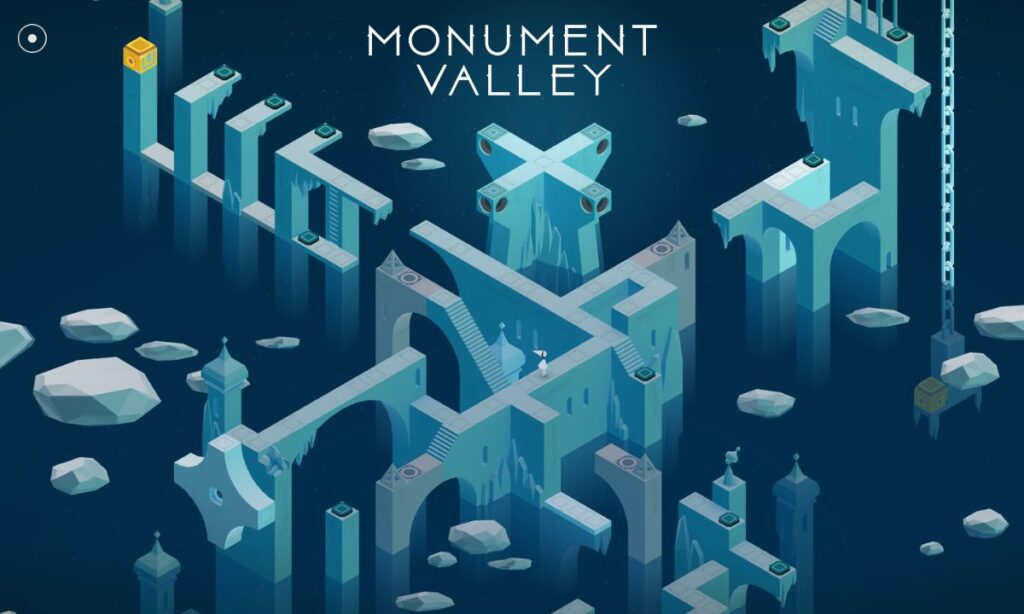
Pros:
- Unity allows you to create games for over twenty-five different platforms, including mobile phones, computers, gaming consoles, and virtual reality.
- Unity uses C#, which is a popular and widely-used programming language.
- Unity is well-suited for indie projects, especially those with stylized graphics.
- Tools like Bolt make Unity accessible to non-programmers.
- Unity has a large and supportive developer community.
Cons:
- Components can get messy and clustered in large-scale projects.
- While good for small projects, Unity may not be the most efficient choice for huge or large-scale undertakings.
- Mastering advanced features in Unity requires more time and effort.
- Unity projects often require significant performance optimization.
What is Unreal Engine?
Unreal Engine is a game development powerhouse known for its stunning graphics and high performance. Developed by Epic Games, Unreal Engine is often the go-to for AAA games and VR projects.
Supported Platforms: Wide range, including consoles, PC, mobile, and VR.
Key Features
- Blueprint Visual Scripting: Create game logic without coding.
- Photorealistic Graphics: Industry-leading rendering capabilities.
- Cross-Platform Support: Develop once and deploy across multiple platforms.
Unreal Engine is used to make popular indie games like “Hellblade: Senua’s Sacrifice” and “Stray.”
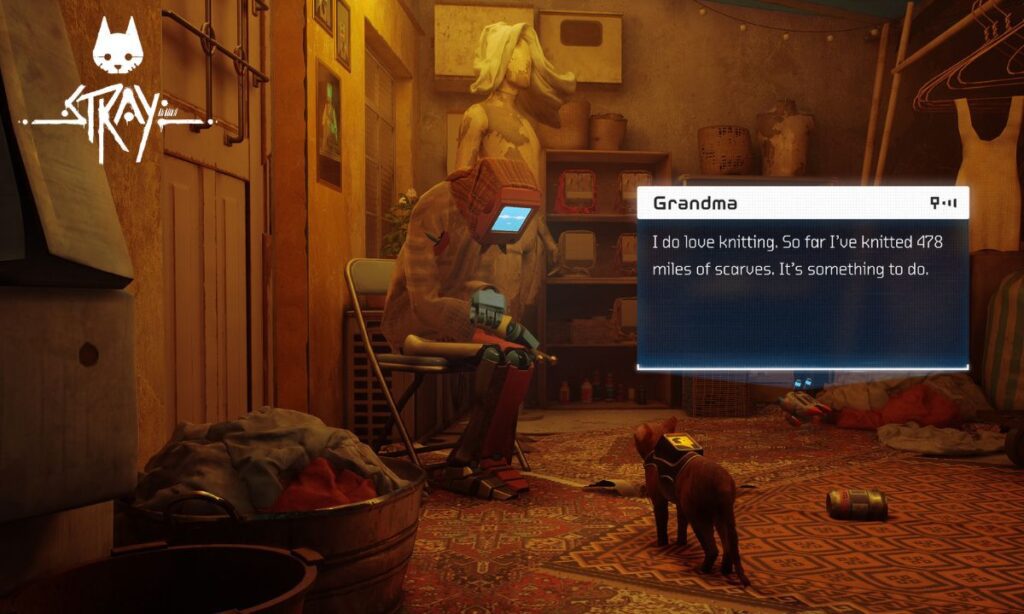
Pros:
- Unreal Engine excels in delivering high-fidelity visuals, making it ideal for games requiring advanced graphics.
- The Blueprint system allows non-programmers to create game logic without writing traditional code.
- It provides a comprehensive set of tools for building multiplayer games.
- Widely used in the industry for AAA games, films
- Unreal Engine offers robust performance insights tools to help optimize game performance.
Cons:
- complex interface and a steep learning curve for beginners.
- A 5% royalty fee applies if the game earns over $1 million in gross revenue.
- The Unreal Engine Marketplace has problems such as bad search functionality, broken assets, and legal concerns.
- Unreal Engine is less optimized for 2D games compared to other engines.
- Documentation can be lacking or outdated, requiring self-discovery and community support.
What is Godot?
Godot is an open-source game engine that is gaining traction among indie developers. It is known for its simplicity, ease of use, and powerful 2D engine.
Supported Platforms: Supports major platforms, including Windows, macOS, Linux, HTML5, Android, and iOS.
Key Features
- GDScript: A Python-like language that is easy to learn.
- Node-Based Architecture: Highly flexible and organized system.
- Open-Source: Completely free with no royalties or fees.
Godot is ideal for small teams and solo developers, especially for 2D game projects like “Cruelty Squad” and “Lumencraft.”
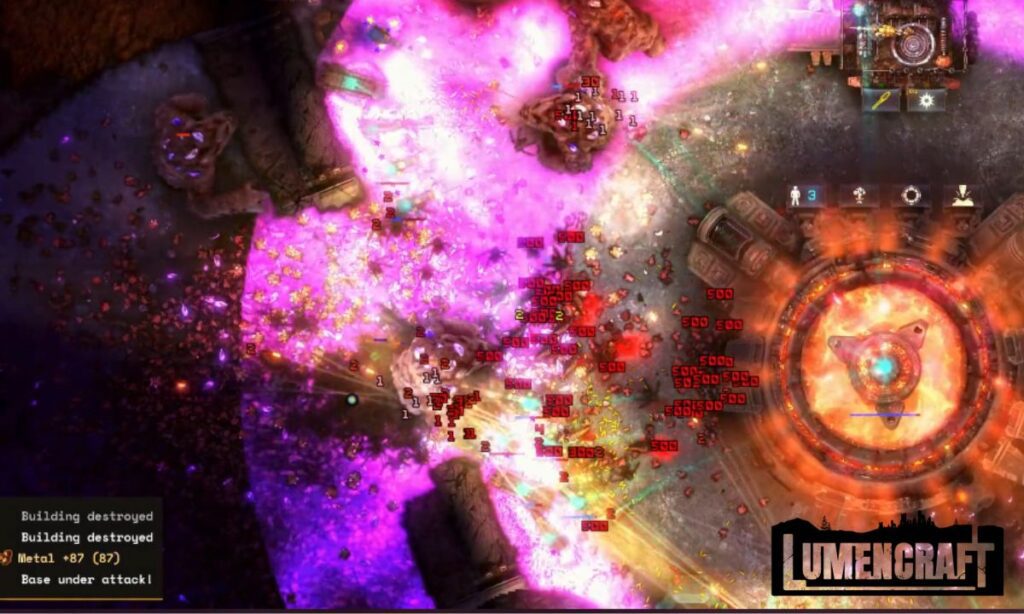
Pros:
- Godot is completely free and open-source, so you do not have to pay anything to use it.
- The engine is small and runs fast, even on older computers.
- It uses a simple scripting language called GDScript, which is easy to learn, especially if you know some basic programming.
- Godot allows for fast prototyping and development, helping you get your game ideas onto the screen quickly.
- There is a friendly and helpful community that can provide support and resources.
Cons:
- Godot has fewer ready-made assets available compared to other engines like Unity.
- While it can handle 3D games, its 3D features are not as advanced as those in other engines.
- If not optimized, Godot projects can sometimes have performance issues.
You can also read our other article, where we covered additional game engines you can consider for indie game development.
Unity vs. Unreal Engine vs. Godot: Side-by-Side Comparison
Ease of Use and Learning Curve
Godot offers the easiest learning curve for newcomers with its user-friendly interface and straightforward scripting language, GDScript. Unity follows closely with its extensive documentation and active community, which provide a wealth of learning resources. Unreal Engine is more challenging to master, particularly for beginners, though its Blueprint system does help simplify the learning process.
| Godot | Unity | Unreal Engine |
| Easy for beginners | Strong community support | Steeper learning curve |
| GDScript is simple and efficient | Extensive documentation | Blueprint visual scripting eases the challenge |
Performance and Optimization
Performance is critical in game development, and each engine offers different strengths. Unreal Engine excels in rendering high-end graphics and managing large-scale projects. Unity is versatile and optimized for mobile platforms, making it a favorite for cross-platform development. Godot is lightweight and performs well for smaller projects but may need optimization for more complex games.
| Feature | Unity | Unreal Engine | Godot |
| Rendering Quality | High (customizable) | Very High (photorealistic) | Moderate (best in 2D) |
| Optimization Tools | Advanced (Profiling, etc.) | Extensive (Performance Wizards) | Basic (Manual optimization) |
| Platform Efficiency | Excellent for mobile | Best for PC and Consoles | Great for small to mid-size games |
Graphics and Visual Capabilities
Unreal Engine leads the pack in graphics, offering unparalleled visual fidelity, particularly in 3D rendering. Unity is highly customizable, with solid graphics capabilities enhanced by third-party assets. Godot shines in 2D, providing a powerful and easy-to-use 2D engine.
| Godot | Unity | Unreal Engine |
| Best suited for 2D games. | Flexible and customizable. | Best for high-end 3D graphics. |
| Provides essential tools for beautiful 2D art. | Strong asset store for enhanced visuals. | Supports advanced techniques like ray tracing. |
Flexibility and Customization
Unity and Godot are known for their flexibility. Unity benefits from its vast ecosystem of plugins and assets, while Godot is open-source, allowing developers to modify the engine. Unreal Engine offers extensive customization options, including full source code access, but it is more complex to tweak.
| Feature | Unity | Unreal Engine | Godot |
| Scripting Languages | C#, Visual Scripting (Bolt) | C++, Blueprint Visual Scripting | GDScript, C#, VisualScript |
| Customization | Extensive (Plugins, assets) | Full source code access | Full source code access |
| Community Plugins | Vast asset store | Moderately large | Growing number of plugins |
Licensing, Costs, and Revenue Models
Understanding the costs associated with each engine is crucial, especially for indie developers and small studios. Below is a detailed comparison of the pricing and revenue models for Unity, Unreal Engine, and Godot.
| Engine | License Type | Cost | Revenue Model |
| Unity | Freemium | Free for Personal Use | Subscription for Pro (from $185.00/mo) |
| Unreal Engine | Royalty-Based | Free to use | 5% royalty after $1M in revenue |
| Godot | Open-Source | Completely Free | No royalties, no hidden costs |
You can visit the Unity and Unreal Engine websites for the complete pricing information.
Future of Unity, Unreal Engine, and Godot
Unity:
- Unity is expanding its reach beyond the gaming industry, making significant inroads into architecture, automotive, and film industries.
- Unity is developing new tools to integrate AI and machine learning into game development. Key features include:
- Generative AI: For original asset creation, enhancing the creative process.
- Muse: AI-powered interaction behaviors and animations, improving game dynamics.
- Sentis Neural Engine: For AI model deployment, streamlining AI integration into projects.
- The preview version of Unity 6 has been released, featuring several performance improvements, new profiling tools, and enhanced AI technologies.
Unreal Engine:
- Unreal Engine offers groundbreaking features, including:
- Nanite: A virtualized geometry system for highly detailed environments without the performance cost.
- Lumen: A dynamic global illumination system for enhanced realism.
- Future updates may include enhancements to existing features, new tools, and optimizations based on developer feedback and technological advancements.
Godot:
- Godot is steadily gaining popularity, particularly among indie developers, due to its open-source nature, community support, and increasing feature set.
Future updates are focused on enhancing Godot’s 3D engine to compete more effectively with Unity and Unreal.
FAQs
What is the easiest game engine for beginners?
Godot is widely considered the easiest for beginners due to its simple interface and scripting language, GDScript, which is easy to pick up for newcomers.
Which game engine is best for 2D games?
While all three engines support 2D game development, Godot stands out for its dedicated 2D engine, which provides a seamless development experience.
Can I switch between game engines mid-project?
Switching engines mid-project is not recommended due to the architectural differences between engines. However, some assets and logic might be transferable with significant effort.
Which engine is best for mobile game development?
Unity is the leading choice for mobile game development. It offers extensive support for iOS and Android and a vast ecosystem of tools and assets tailored for mobile platforms.
What are the differences in community support for each engine?
Unity and Unreal Engine boast large, active communities with extensive documentation, tutorials, and forums. Godot also has a growing community, particularly among open-source enthusiasts, focusing on collaboration and support.
